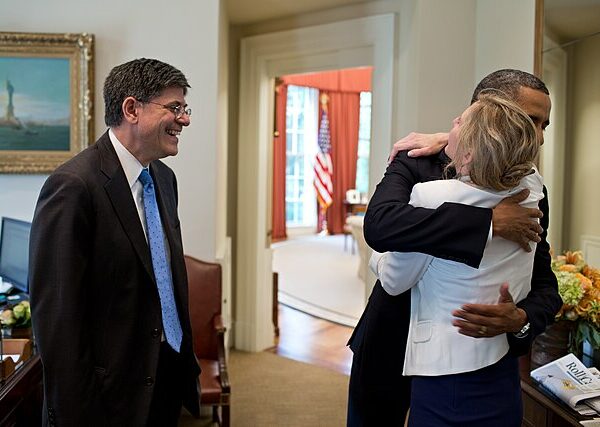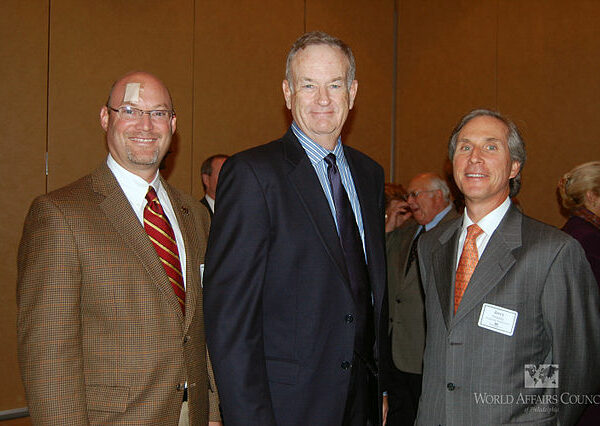
A sweeping new initiative signed into law by President Donald Trump could alter the economic trajectory of millions of Americans before they take their first steps. The Trump Savings Accounts program, embedded within the recently passed “One Big Beautiful Bill,” will provide every U.S. newborn with a $1,000 federally funded investment account — a move its supporters hail as a landmark in democratizing wealth creation.
Marc Cadin, CEO of Finseca, recently framed the program as giving “every child, regardless of income or background, a stake in the economy from Day 1,” in an op-ed for USA Today. The accounts will be offered to children born between December 31, 2024, and January 1, 2029. Each will receive the initial $1,000 in a low-cost, diversified stock index fund, with parents allowed to contribute up to $5,000 annually in after-tax dollars. Funds will grow tax-deferred, with staged access: half at age 18, full use for education or business loans at 25, and unrestricted control at 30.
The mathematics of compounding make the program’s ambitions clear. Based on historical market returns, that initial $1,000 could grow to $8,000 in 20 years, $69,000 in 40 years, and exceed half a million dollars by retirement. “Life-changing money,” Cadin calls it — especially for families that have never had the means to save or invest early.
The program’s architects argue it targets America’s deep wealth gap, where barely half of households hold investments and the top 10% own over 90% of all U.S. stocks. “Ownership breeds engagement,” Cadin says, contending that early exposure to investing could instill lifelong financial discipline. The plan’s projected cost — $17.2 billion over a decade — amounts to “less than 0.03% of projected federal spending,” which Cadin calls “fiscally responsible, politically popular and economically transformational.”
Still, the program’s backers acknowledge that money alone will not ensure success. Financial literacy, they say, will be decisive. With about half of Americans unable to pass a basic finance test and over 60% lacking a written financial plan, Cadin urges a national push to integrate financial education into everyday life. He praises Treasury Secretary Scott Bessent’s revival of the Financial Literacy and Education Commission and partnerships with groups like the ABA Foundation, but wants Trump to go further — launching a national task force to make financial planning as routine as annual health checkups.
The private sector, Cadin argues, must also lead. The very idea of federally seeded savings accounts, he notes, began with business innovators. Now, companies could fund workshops, sponsor school programs, and offer pro bono financial advice. “The resources exist. So does the talent. We just need to focus it,” he says.
The first accounts are set to launch in July 2026. Whether the Trump Savings Accounts become a transformative engine of generational wealth — or a missed opportunity — will depend on execution, engagement, and a culture shift toward financial empowerment. As Cadin puts it, “It opens doors. It creates options. It builds real wealth.”
[Read More: So That’s Why Biden Pardoned Adam Schiff]











